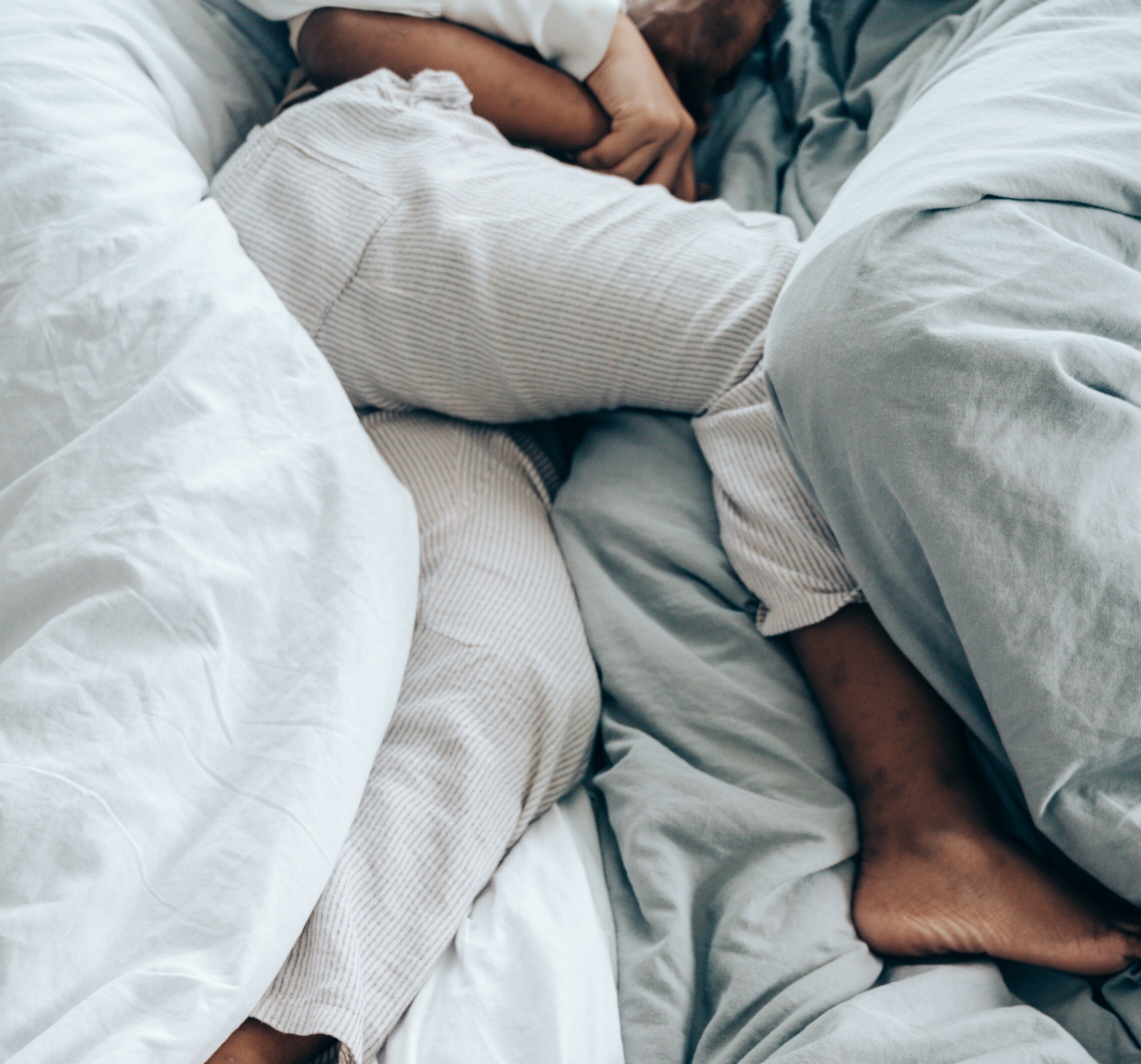How to Deal with Fatigue During Cancer Treatment

Almost all people with cancer experience fatigue to some degree, from “weak” to “completely wiped.” In fact, it’s not uncommon for people to describe cancer-related fatigue as something that renders you “bone tired.” It’s totally normal, and it’s something that a nap doesn’t cure.
This is because the type of cancer you have may be releasing certain proteins or hormones thought to cause fatigue. Your treatment may also be a variable—as chemotherapy, radiation therapy, surgery, and biological therapies all place a significant demand on the body’s energy reserves.
On top of that, some treatment side effects, like anemia, vomiting, anxiety, depression, or pain may be an additional cause of fatigue. And, of course, there’s the simple fact that dealing with cancer can be exhausting, especially if you’re shuttling to and from appointments in the midst of work or family obligations. All these factors can lead to exhaustion.
Though fatigue is a normal part of your cancer treatment, it’s important to tell your doctor if it’s persistent and/or debilitating. You can log how you’re feeling every day in our app, or (if you want to get more advanced) keep a daily journal of your energy levels and what happens when fatigue sets in: When does it start? How severe is it? How long does it last? Does anything make it better or worse? This gives both you and your doctors clues about what’s causing your cancer fatigue and how to treat it.
Because there are multiple causes of cancer fatigue, you may need to try more than one method to reduce the severity and cope with your symptoms.
Address any medical causes
If your doctor can pinpoint a medical cause of your fatigue, such as anemia or chronic pain, you may need to address this through an adjustment to your cancer treatment or medication. Your doctor will outline your options for treatment so you can make an informed decision.
Prioritize your mental health
Depression, stress, and anxiety, which are common for people with cancer, are exhausting to deal with during the day and impact your ability to get deep, restorative sleep at night. If you’re experiencing insomnia, consider some stress-busters. If you suspect your mood is the cause, talk to your doctor, social worker, psychiatrist, or counselor how you can strengthen your mental health (and possibly boost your energy levels, too).
Exercise
Though it may feel like a considerable effort when you’re tired, exercise has been found to improve energy levels during cancer treatment. Light exercise, like walking or riding a bike, during cancer treatment can unleash feel-good endorphins, increase strength, decrease pain and nausea, reduce stress and anxiety, and improve sleep quality—all of which will help give you more energy. This, in turn, helps give you the stamina you need for treatment.
Drink up
Chemotherapy and radiation treatment can cause dehydration through a variety of side effects (think fevers, vomiting, diarrhea and excessive urination). Even mild dehydration can drain your energy and make you tired, so be sure to drink lots of fluids and eat water-rich foods like fruits and vegetables. A good baseline for water consumption is to drink at least half your body weight in oz (so if you weigh 150 lbs, you’d drink 75 oz of water).
Consider complementary therapies
There is some evidence to suggest that holistic health practices such as yoga, massage and acupuncture may reduce fatigue in people with cancer. These practices may help reduce the side effects of cancer treatment, improve physical and emotional well-being, and facilitate recovery.
Budget your energy
Journaling your daily fatigue will help you keep track of the times when you feel your best as well as the times when you need rest. Make note of those patterns in your daily schedule, and plan your important activities when your energy levels are typically at their highest. Pencil in recovery, too—short periods of rest throughout the day are important in keeping fatigue at bay.
Listen to your body
Don’t try to push through the fatigue. Though you may be feeling pressured to maintain your normal daily routine and activities during treatment, the reality is that your body is doing a lot of work—not only metabolizing your treatment, but recovering and trying to rebuild. If you push too hard, you’ll pay for it with increased fatigue. Instead, listen to what your body is trying to tell you, and ask for help when needed, whether that means calling on a friend to watch your children while you rest or temporarily delegating certain tasks in your job to ease your workload.
Though fatigue is a normal part of cancer, there are ways you can lessen this symptom. This starts by being open about what you are experiencing, so those on your treatment team can help you develop a plan to feel better.
The content on this website is intended to provide the best possible information for you, but should not be considered—or used as a substitute for—medical advice. If you have questions about your diagnosis or treatment, please contact your health care provider(s). For questions or comments about this content, please email us at [email protected].